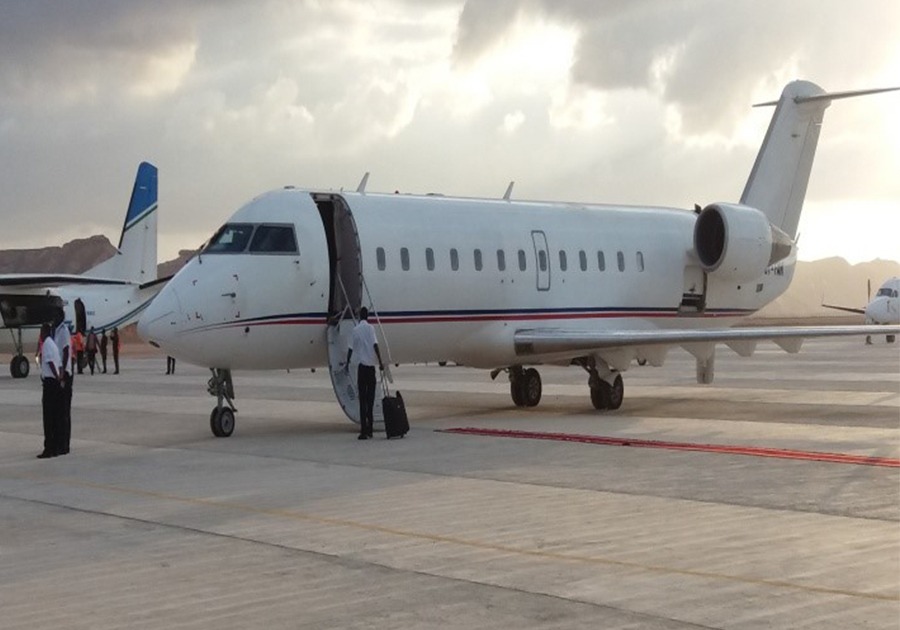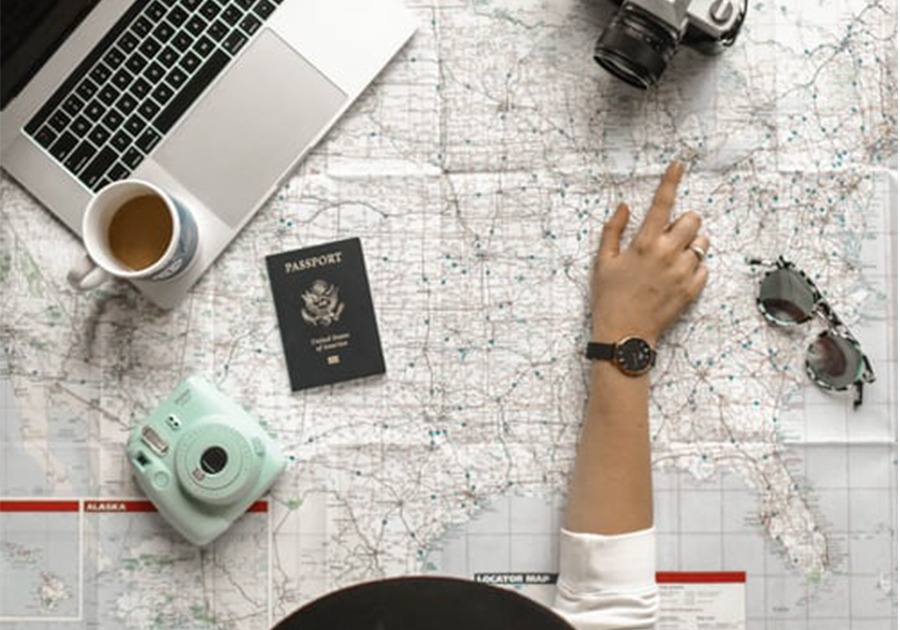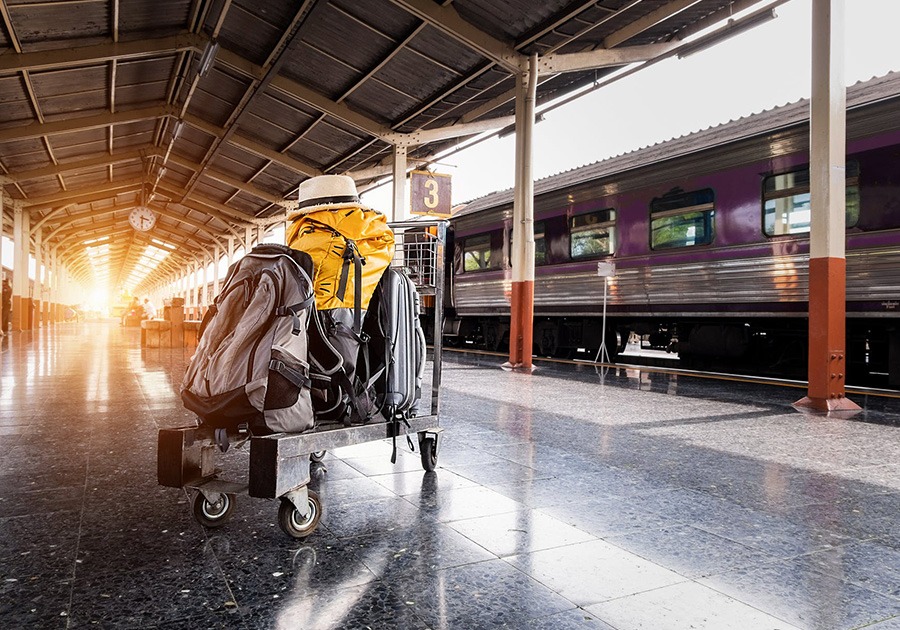How to Work in Someone Else’s Country: Travel and Packing tips for International Aid Workers

In a previous article, Ruth Stark, International Consultant and Author of How to work in someone else’s country, shared her insight on successfully working in foreign countries as an international aid worker. In this article, she shares her tips on travel and packing luggage for a humanitarian or development mission.
What international aid workers need to know before packing
What you will need to pack depends on the specific country, on the conditions under which you will live and work, and on your length of stay. Begin by gathering information from your sponsoring organisation and from other international aid workers who have worked there. If furnished housing will be provided, ask what “furnished “means: bedding? towels? pots and pans? If you will be accommodated in a hotel, ask about amenities, such as heating, and WIFI.
Find out about the accepted standards of dress. You will not generally be expected to don traditional dress, but your appearance should not violate social norms.
For women, this could mean carrying a versatile scarf in your handbag, wearing long sleeves and avoiding short skirts.

Pack a comfortable pair of work shoes for field visits and at least one “dress-up” outfit suitable for formal occasions. Of course, near the top of your packing list will be your phone and computer. Consult with your sponsoring organisation and their field staff to learn what steps to take and/or items to bring to enable you to connect digitally with these devices. Lastly, don’t forget to pack in an extra pair of glasses.
Obtain the necessary travel documents and travel smart
Check and double check the current immigration requirements of every country you are traveling to and travelling through. In the current global environment, changes occur frequently and often with little advance warning.
Make sure that your passport is current, is valid for at least six months and still has some blank pages.
Apply for your visas well in advance. Some countries require that you apply in person at their diplomatic missions. A few countries require that you courier your passport along with your visa application to their central immigration department, usually located in the country’s capital city. This can take time.
Carry “hard” currency when you travel. Some countries require payment of entry and/or departure “taxes” upon your arrival and may only accept cash payment. You may also want to carry small bills for tips. Small airports don’t have always foreign exchange counters or ATM’s so it is best to secure this cash before you travel.
Travel with a few extra copies of your passport photos and with photocopies of your passport and your air tickets. If your passport or tickets are lost or stolen, a copy will help you facilitate their replacement.

Tag your check-in luggage with your name and business contact information, not your home or personal information. Place this information inside your suitcases as well. This will help the airlines locate you if your baggage goes astray. Mark your luggage with a ribbon or a brightly coloured strap to make it easily identifiable on the conveyer belt.
Place all important documents, records of your credit card accounts, electronic devices, medications, and other valuables in your hand baggage, and don’t let it out of your sight.
Don’t forget the essentials and the little extras
It is also essential that you hand carry copies of prescriptions for any medications you have packed. It is also wise to carry an second pair of eye glasses as well. If you have room, try to carry on a change of clothing, at least a change of underclothes, hand sanitiser, and any other basics which will allow you to look presentable on your first day of work should your luggage go missing or get delayed. At the very least, squeeze in an extra warm scarf and sweater or jersey to help you survive the cold when the flight staff turn down the temperature.
Finally, experienced international aid workers often carry a variety of bits and pieces that have been found to make life “on the road” and/or in a field a little easier:
- A small flash light
- Safety pins
- Adapters for electrical outlets and extension cords
- A few plastic bags for packing dirty shoes and wet clothes
- A soft, expandable, fold-up nylon bag for carrying a change of clothes and other necessities when you go on short field trips.
If I am going to stay in a hotel, I always take safety pins to close curtains that don’t completely close and toss in a few light weight clothes hangers—hotels never seem to have enough.


